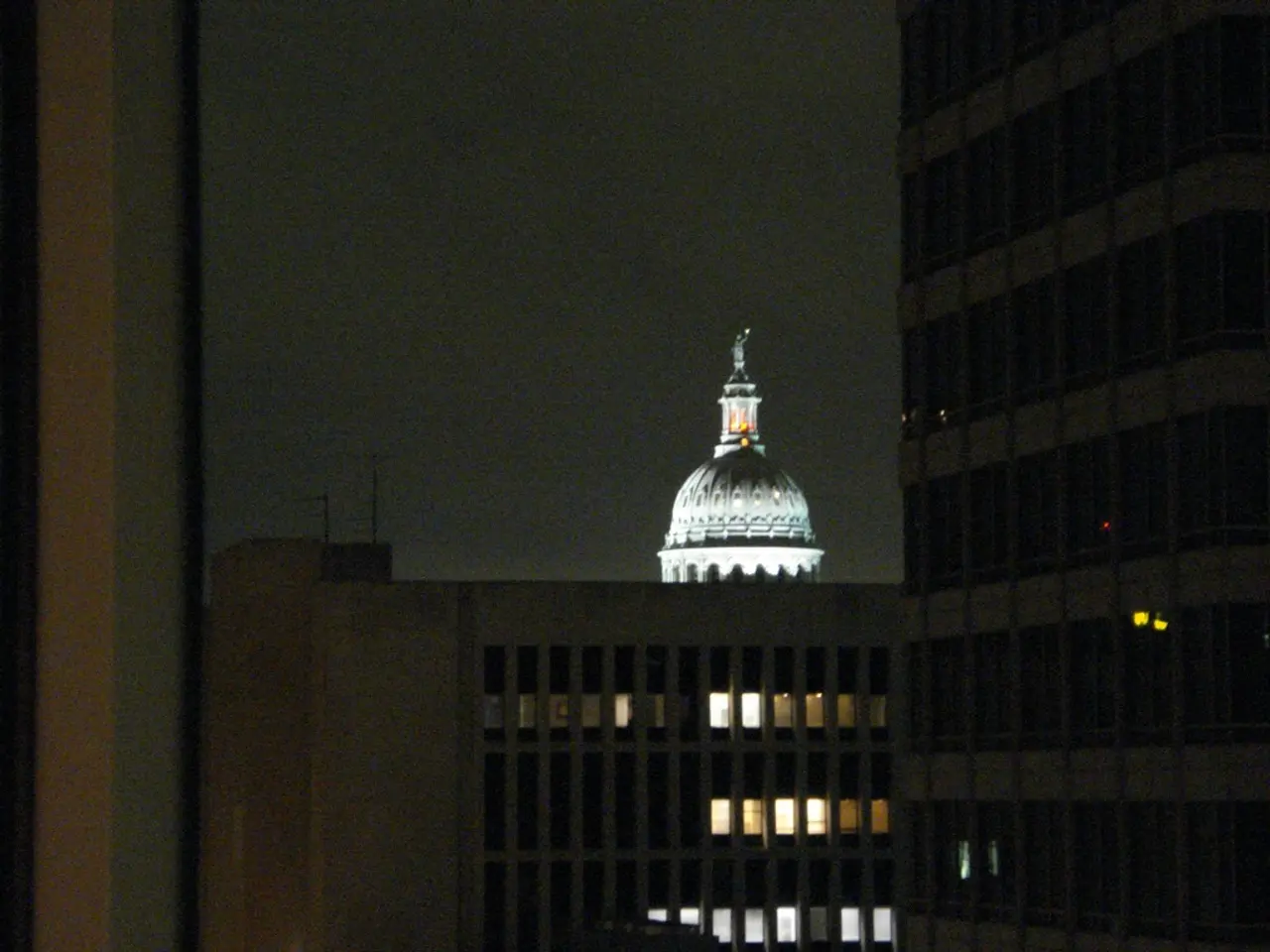Darkness Therapy: A Promising Path to Mental Health and Well-being
Anna Kuletskaya, a renowned expert, has been exploring the benefits of darkness for mental health and well-being. She discusses practices like floating and dark retreats, which are gaining traction in the scientific community.
Historically, darkness was a common part of daily life. However, our fear of the dark has grown, shaping our biology in unexpected ways. A study published in June in 'Frontiers in Sleep' delves into the positive influences of natural darkness on our biological clocks.
Darkness therapy, such as float sessions and dark retreats, offers emotional clarity and calm. Float sessions involve immersion in a magnesium salt solution, reducing cortisol levels and enhancing cognitive functions. Meanwhile, dark retreats, which involve isolation in lightless rooms, help disconnect from external stimuli.
Research shows that darker bedrooms can reduce the likelihood of depressive episodes. Observing stars in a planetarium also reduces stress, with darker skies showing more stress reduction. True darkness can even reboot one's inner self.
The scientific community is debating the benefits of light versus darkness. Some emphasize the importance of vitamin D, while others focus on minimizing light pollution.
Anna Kuletskaya's exploration of darkness therapy highlights its potential for stress reduction and improved well-being. As the scientific community continues to debate the benefits of light versus darkness, practices like floating and dark retreats offer promising avenues for mental health and well-being.





